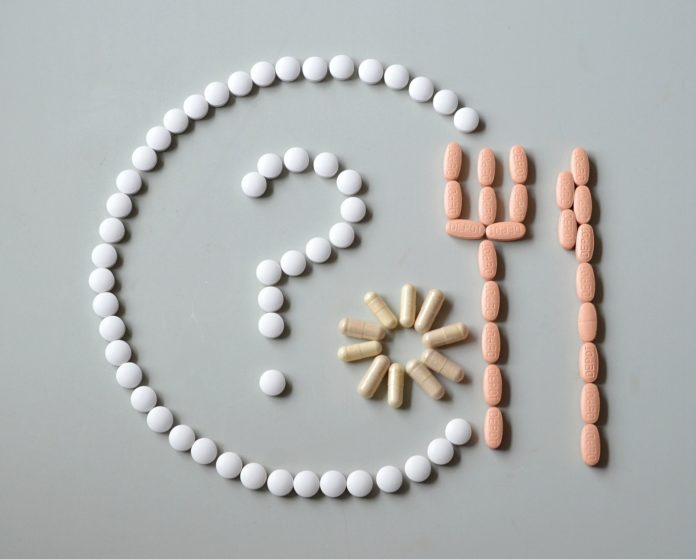
Studies show it reduces mortality in people living with diabetes or heart disease but can lead to an increase in the risk of non fatal heart attack
The humble aspirin could be the key to a longer life for people living with Type 2 diabetes and heart diseases.
Taking an aspirin each day appears to lower the risk of dying or being hospitalized for heart failure, according to research to be presented later this month at the American College of Cardiology’s 67th Annual Scientific Session. But the data also reveal aspirin use may increase the risk of nonfatal heart attack or stroke, a somewhat contradictory finding that surprised researchers.
70 million Indians could be living with diabetes. The Global Burden of Disease study estimate of age-standardized CVD death rate of 272 per 100 000 population in India is higher than the global average of 235 per 100 000
The study is the first to assess aspirin as a preventive measure for patients who have both diabetes and heart failure. Aspirin, a blood thinner, is strongly recommended for patients who have previously had a heart attack or stroke, but guidelines are unclear regarding its use as a preventive measure for patients who have cardiovascular risk factors but no history of heart attack or stroke. Previous studies in people who have not had those types of health events too have shown conflicting evidence of aspirin’s potential benefits in the general population. In patients with heart failure, some studies suggest a daily aspirin may even be harmful.
According to World Health Organisation Estimates, 70 million Indians could be living with diabetes. Cardiovascular diseases (CVDs) have now become the leading cause of mortality in India. A quarter of all mortality is attributable to CVD. Ischemic heart disease and stroke are the predominant causes and are responsible for >80% of CVD deaths. The Global Burden of Disease study estimate of age-standardized CVD death rate of 272 per 100 000 population in India is higher than the global average of 235 per 100 000 population.
The present study sheds new light on the potential risks and benefits of aspirin for people with both conditions.
“We were surprised to see a paradoxical increase in nonfatal heart attacks and nonfatal stroke, parallel to the decrease in mortality. This finding might be due to the fact that those patients lived longer; given their mean age of 70 years, perhaps these patients were predisposed to more cardiac events,” said Charbel Abi Khalil, assistant professor of medicine at Weill Cornell Medicine-Qatar and the study’s lead author.
Using data from a United Kingdom database known as The Health Improvement Network (THIN), researchers extracted health records of more than 12,000 patients ages 55 and older who had Type 2 diabetes and heart failure but no prior history of heart attack, stroke, peripheral artery disease or atrial fibrillation. Roughly half had been prescribed daily aspirin and half had not.
Researchers analyzed health outcomes over an average of five years of follow-up. All-cause mortality and hospitalization for heart failure were tracked as a composite primary outcome. All-cause mortality, hospitalization for heart failure, major bleeding events and nonfatal heart attack or stroke were tracked separately as secondary outcomes. Those taking a daily aspirin were found to show a 10 percent decrease in the primary outcome, no difference in major bleeding events, and a 50 percent increase in nonfatal heart attack or stroke.
Aspirin interferes with blood’s ability to clot, by reducing the activity of platelets, which aggregate during clot formation. Heart failure and diabetes cause changes in the blood that make clot formation more likely, which is why these conditions are associated with a higher risk of heart attacks and strokes.
“Both heart failure and diabetes are associated with increased blood clotting activity. Because it decreases platelet aggregation, aspirin is thought to lower the likelihood of forming harmful blood clots like those responsible for heart attacks and strokes,” Abi Khalil said.
However, he added that patients should speak with their doctors to assess the benefits and risks of taking aspirin.












